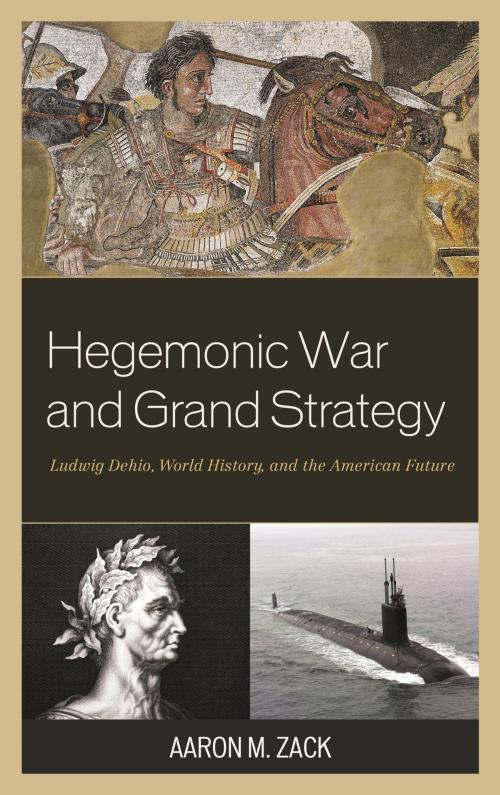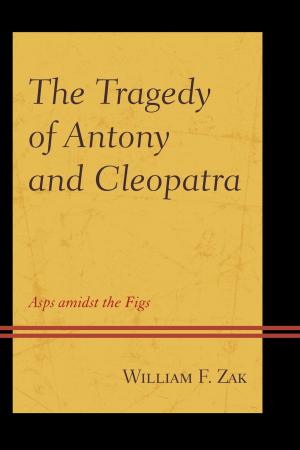Hegemonic War and Grand Strategy
Ludwig Dehio, World History, and the American Future
Nonfiction, Social & Cultural Studies, Political Science, International, International Relations, History, World History, Modern| Author: | Aaron M. Zack | ISBN: | 9781498523103 |
| Publisher: | Lexington Books | Publication: | November 23, 2016 |
| Imprint: | Lexington Books | Language: | English |
| Author: | Aaron M. Zack |
| ISBN: | 9781498523103 |
| Publisher: | Lexington Books |
| Publication: | November 23, 2016 |
| Imprint: | Lexington Books |
| Language: | English |
Ludwig Dehio advances a theory of the historical dynamic of the modern European state system (1494–1945) and its hegemonic wars. After explaining Dehio's thoughts about why none of the European Powers were successful in their attempts to conquer the Continent, the text analyzes bids for hegemony in the historical Hellenic, Hellenistic, Roman, Renaissance Italian, modern European, and western hemispheric state systems. The purpose of these analyses is to demonstrate how Dehio's thought illuminates the dynamics of hegemonic conflicts. Additionally, in these chapters we note how prior hegemonic struggles illuminate some of the dilemmas of contemporary American grand strategy. The manuscript then considers how Dehio's thoughts on hegemony enrich our understanding of contemporary challenges, such as the struggles for power in the Middle East and East Asia, the rise of China and its Western Hemispheric ambitions, and American grand strategic options. The text concludes by arguing that Dehio's thought suggests that particular grand strategies will partially determine the global system’s movement towards destructive bids for hegemony, or a viable plural order.
Ludwig Dehio advances a theory of the historical dynamic of the modern European state system (1494–1945) and its hegemonic wars. After explaining Dehio's thoughts about why none of the European Powers were successful in their attempts to conquer the Continent, the text analyzes bids for hegemony in the historical Hellenic, Hellenistic, Roman, Renaissance Italian, modern European, and western hemispheric state systems. The purpose of these analyses is to demonstrate how Dehio's thought illuminates the dynamics of hegemonic conflicts. Additionally, in these chapters we note how prior hegemonic struggles illuminate some of the dilemmas of contemporary American grand strategy. The manuscript then considers how Dehio's thoughts on hegemony enrich our understanding of contemporary challenges, such as the struggles for power in the Middle East and East Asia, the rise of China and its Western Hemispheric ambitions, and American grand strategic options. The text concludes by arguing that Dehio's thought suggests that particular grand strategies will partially determine the global system’s movement towards destructive bids for hegemony, or a viable plural order.















